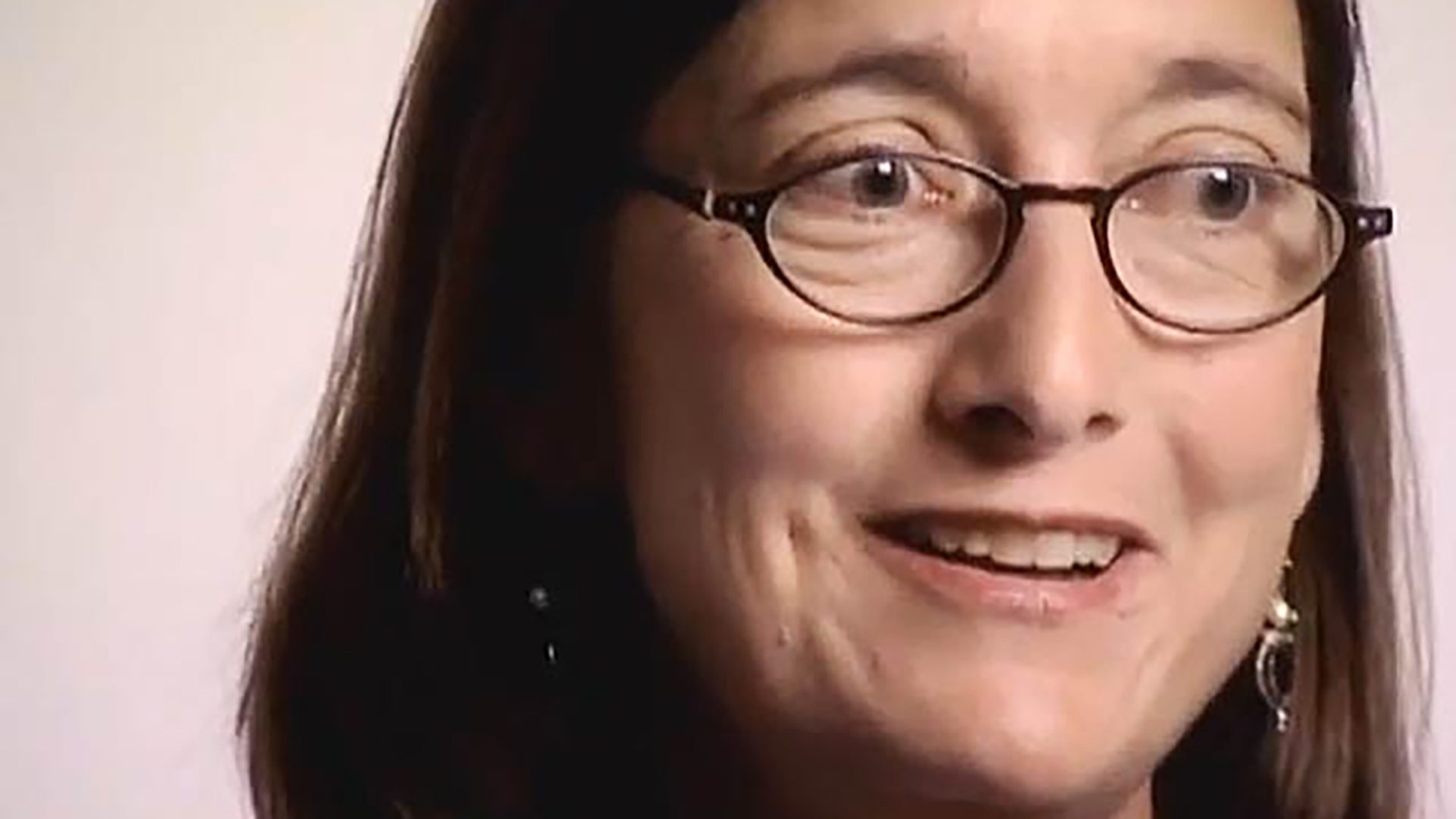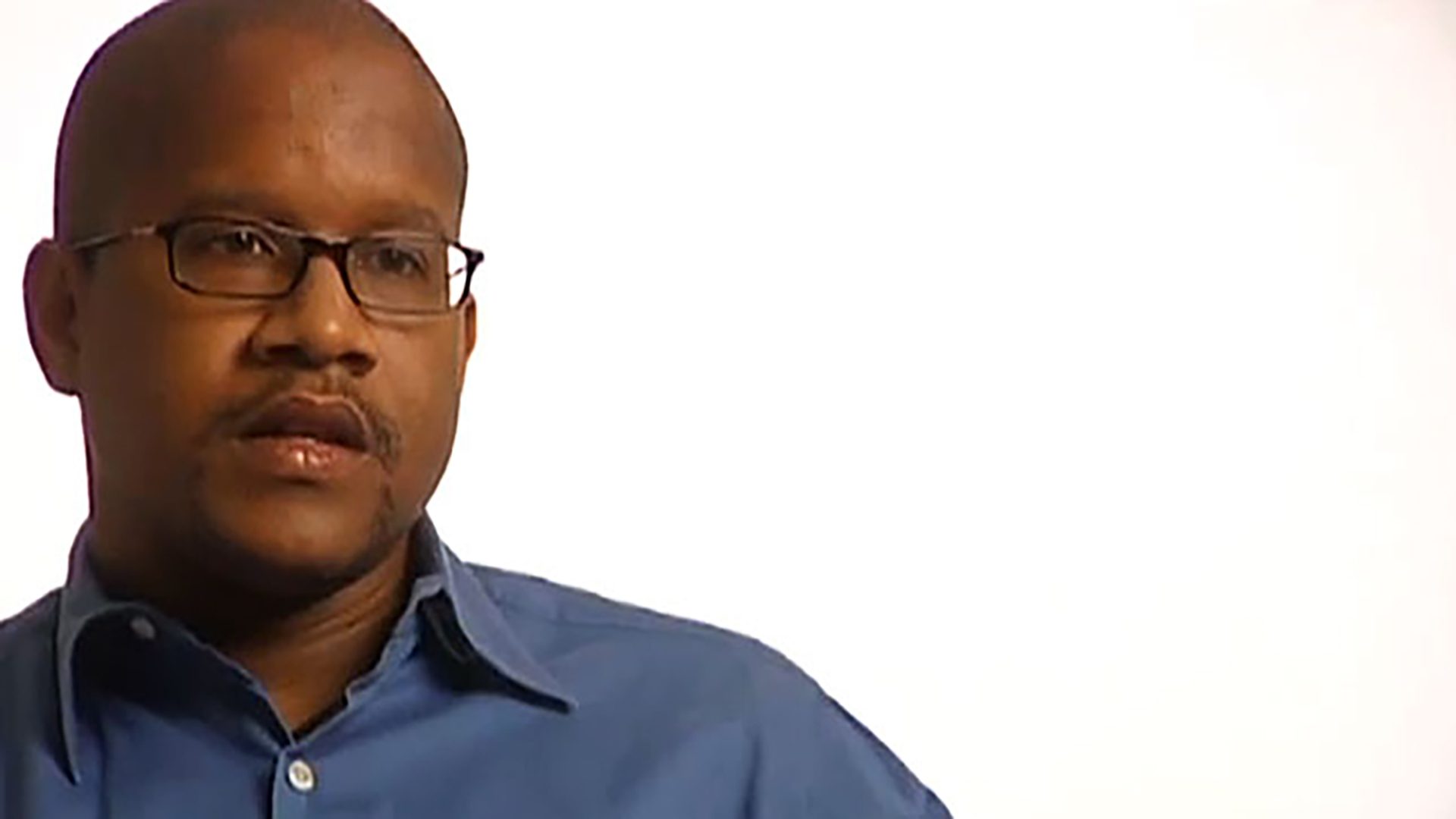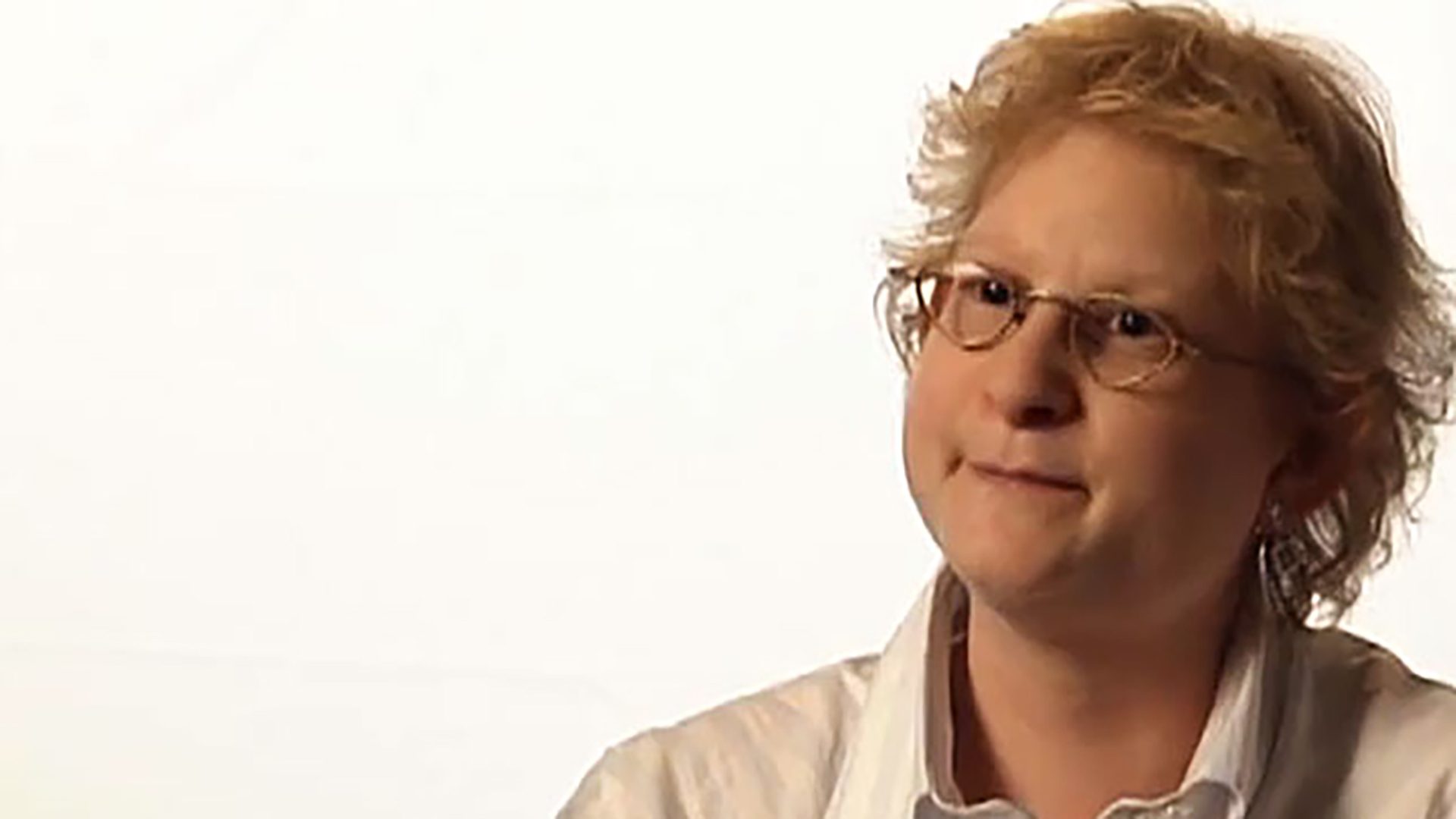Survivor Interview – Paula I.
Paula is a colon cancer survivor. She talks about the emotions of infertility, aftereffects of treatment like osteoporosis, and communicating with her health care team.

I had ulcerative colitis for 15 years, and the longer you have that and the younger you have that, the higher your chances of getting colon cancer. So I went in for testing, like every six months. I had insurance at the time through my parents. I was in college. And my insurance ran out. And then three, four months later, I was diagnosed. So when I was diagnosed, I had no insurance. And my parents had to spend all their savings, pretty much.
It’s really had an economic impact ever since the day I was diagnosed, not only on me, but on my family. I’ve learned that it’s really hard to get insurance on your own. If you’re with a company and you get it through group insurance, they can’t discriminate against you. But if I were to go today and try to get insurance on my own, I wouldn’t be able to do that. I have to go and get work where I can get group insurance. I have to go in and have colonoscopies every year. There’s still medical treatment that I have to have, and I just can’t afford to be without insurance. That’s just the reality of what you’re gonna have to understand and deal with. It is part of survivorship.
I have experienced job discrimination. One time, I had to have a laparoscopic procedure done. I ended up having another major surgery that was a result of having had a lot of abdominal surgery. When I got back to work, I didn’t have my job waiting for me. Fortunately now, we have COBRA. We have the Family Medical Leave Act and other sort of regulations that are starting to provide protection for situations like that.
Watch out for yourself. Be proactive. For example, right now, my insurance runs out in December, so I’m being proactive about that and making sure that I’m taking the steps necessary now, so that when December comes, I’m not without insurance. Feel empowered to take care of yourself—to do what you can and be strong. Face it with dignity and gumption.
I think one of the most important aspects of survivorship is taking things into your own hands and taking care of yourself, financially and also with your health. I think it’s really important to feel empowered and know that you have the power within yourself and act on that. To take responsibility and accountability for yourself. It’s your life.
Dealing with the illness at such a young age really has shaped me in a lot of ways into who I am today. It’s made me a lot more fearless and more of a risk taker and a lot more independent. Probably because I was dependent on people for so long when I was sick. And I guess different people react to that in different ways, and that’s the way I’ve reacted.
In my career, it’s been a real challenge for me just logistically. Because I don’t have a colon anymore, I have to go to the bathroom a lot more often than other people. It’s interesting for me to think back on the little things I’ve done to make my life work. I always make sure I know where the bathroom is, and I sit close to the bathroom, so that I can get there easily.
I used to worry that people were going to think I had some sort of addiction problem. I’m constantly worried that I’m gonna be discriminated against, or that people are going to be judgmental. But I guess my advice would be, don’t even go there. It doesn’t matter what other people think. You know, if they had any idea what you’d been through and what you were living with, they would have a lot of compassion and respect and understanding. If they don’t, well, it’s their problem and not yours.
The other thing about surviving colon cancer is really taking good care of yourself. I’m a vegetarian. That’s my bias, but I would probably give that advice to anyone having colon cancer: to consider being vegetarian, just because it’s so difficult for your digestive system to eat meat. I exercise. I’m a cyclist and I do triathlons and I do yoga three times a week, and I meditate and I’m just real proactive about taking care of my health. I really watch what I eat, and I try to get enough sleep. You know, the real basic things that your mom told you when you were a kid. Those are the most important ways that I’ve been able to manage my health and keep myself this healthy this long.
My advice in dealing with doctors — and keep in mind, I’ve been dealing with them since I was eight years old — one, always go with a list of questions. I have a piece of paper sitting at home to start writing questions down when they come to mind. So I might have it out for two or three days before I go to the doctor, then I take that list of questions with me.
Second, make sure that you always, if you can, have someone go with you. And I think that’s just really important, because you need to make sure that you’re hearing things correctly and that you have someone else there that can ask questions and reconfirm what you think you heard.
Third, always get a second opinion. And if your doctor’s not comfortable with you getting a second opinion, that’s good information to have, because I think it’s important to have a second opinion about your health.
Fourth, if you’re not happy with your doctor, go find another doctor that you’re happy with. For me, it’s been really important to have a doctor that I’m comfortable with, that I can trust with my life, and that I feel has that same concern for me.
Anyone that has colon cancer has had a lot of abdominal surgery, and a risk of getting abdominal adhesions, which are basically just scar tissue that forms from having had a lot of surgery. Different people are prone to adhesions. To my knowledge, there’s no way of knowing if you are or you aren’t, or when you’re gonna get them. It was 12 years after my surgery that I started having problems with adhesions. They can cause bowel obstructions, so you have to go in and have surgery. It’s a domino effect. Just be proactive about it and talk to your doctor. I don’t know that this is advice you’re gonna get from your doctor, but one of the things that has really worked for me when I feel like I’m having adhesions are castor oil packs that I put on my stomach and also hot water bottles.
All through puberty, I was on large doses of prednisone, which is a cortisone medicine. I don’t think they even knew this when I was young, but it causes bone loss and osteoporosis. Now that I’m 40, I was shocked to find out when I had a bone scan done that I was pre-osteopenia. Fortunately, I exercise a lot, and the exercise really plays a really important role in your bone health. But my advice would be to start taking calcium supplements at a really young age and ask your doctor if maybe there’s another drug alternative.
Looking back on it, there are different emotional challenges at different phases. I wish I had known 20 years ago that infertility can be caused by cancer treatment. It’s not just chemo or radiation that can affect your fertility. It’s the surgery, too, which was my case. I wish I had known that when I was younger. Because the thought that I wouldn’t have children never crossed my mind, and I didn’t realize that it affected my life in that way until much later. For a woman, it’s just this important part of our life, to be able to bear a child. And so it’s an incredible loss to feel like that’s been taken away from me. That my body can’t do that.
I would say that’s probably the hardest thing that I’ve had to deal with in my life, probably even more than cancer, to be honest, and it’s a result of having had cancer. So I would say, if you have the chance now to be proactive about that, do.
Survivorship, to me, is more than beating the odds. It’s about living life to the fullest and realizing that there’s so much more to life than you probably even realized before you had cancer. You have control over a lot more than you think you do, and the connection between the mind and the body is really important. I’m not saying that you can control your disease with your mind, but I’m just saying that trying to stay positive when I know it’s really hard makes a big difference in survivorship.
One of the main lessons that I’ve learned from having cancer at such a young age, and having been sick for quite a long time when I was young, is that it taught me the value of life. I feel now, 20 years later, that it was really a blessing. That, at a young age, I learned the value of life and how fleeting it is, how important it is to live life with a passion every day and to count my blessings. Not to say it was a fun thing to go through, because obviously it wasn’t, but it was a gift that taught me the importance of life.
I’m Paula Ivey. I’m 42, and I’m a 20-year colon cancer survivor.

